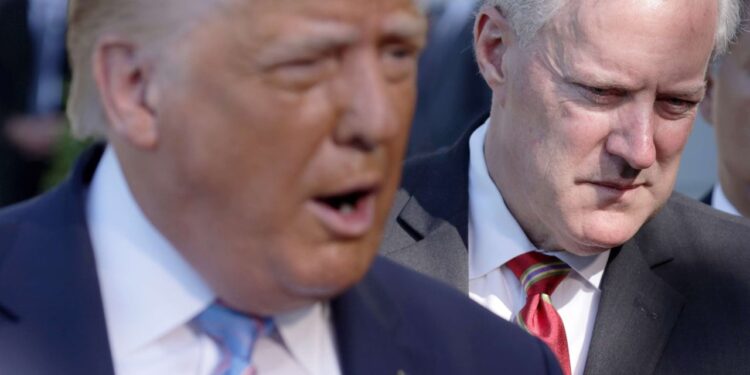The Trump presidency will forever be marked by unprecedented events, none more defining than the two impeachments that occurred during his tumultuous tenure. The impeachments, in 2019 and 2021, laid bare the deep political divisions in the United States and underscored the complex interplay between power, accountability, and democracy.
The first impeachment, in December 2019, revolved around President Donald Trump’s solicitation of foreign interference in the upcoming presidential election. The House of Representatives charged him with abuse of power and obstruction of Congress. The crux of the issue was a phone call with Ukrainian President Volodymyr Zelensky, where Trump allegedly pressured Zelensky to investigate Joe Biden, a political rival, and his son Hunter Biden. The House Democrats argued that Trump abused the power of his office for personal political gain.
The subsequent Senate trial in early 2020 ended in acquittal, with most Republican senators arguing that the charges did not warrant removal from office. The impeachment highlighted the deep partisan divide, with Democrats largely in favor of conviction, while Republicans rallied behind their president. The episode set the stage for heightened political tension as the 2020 presidential election loomed.
The second impeachment, in January 2021, stemmed from the storming of the U.S. Capitol by a mob of Trump supporters on January 6. The House charged Trump with incitement of insurrection, arguing that his false claims of election fraud and inflammatory rhetoric had directly led to the violent attack on the Capitol. This time, a significant number of Republicans joined their Democratic counterparts in the House in voting for impeachment.
The Senate trial unfolded after Trump had left office, complicating matters as some argued that the trial was now moot. However, others contended that accountability for actions committed while in office was crucial. In the end, Trump was acquitted once again, but this time by a narrower margin, with seven Republican senators breaking ranks and voting for conviction.
The two impeachments of Donald Trump revealed the challenges and complexities of holding a president accountable for their actions. The proceedings underscored the influence of partisan loyalties and the difficulty of achieving bipartisan consensus on matters of such significance. The legacy of Trump’s impeachments extends beyond the legal realm, leaving an indelible mark on the country’s political landscape. As the United States continues to grapple with the aftermath of these historic events, the echoes of the Trump presidency will undoubtedly reverberate for years to come, shaping the nation’s understanding of the delicate balance between executive power and democratic principles.



Recent Comments